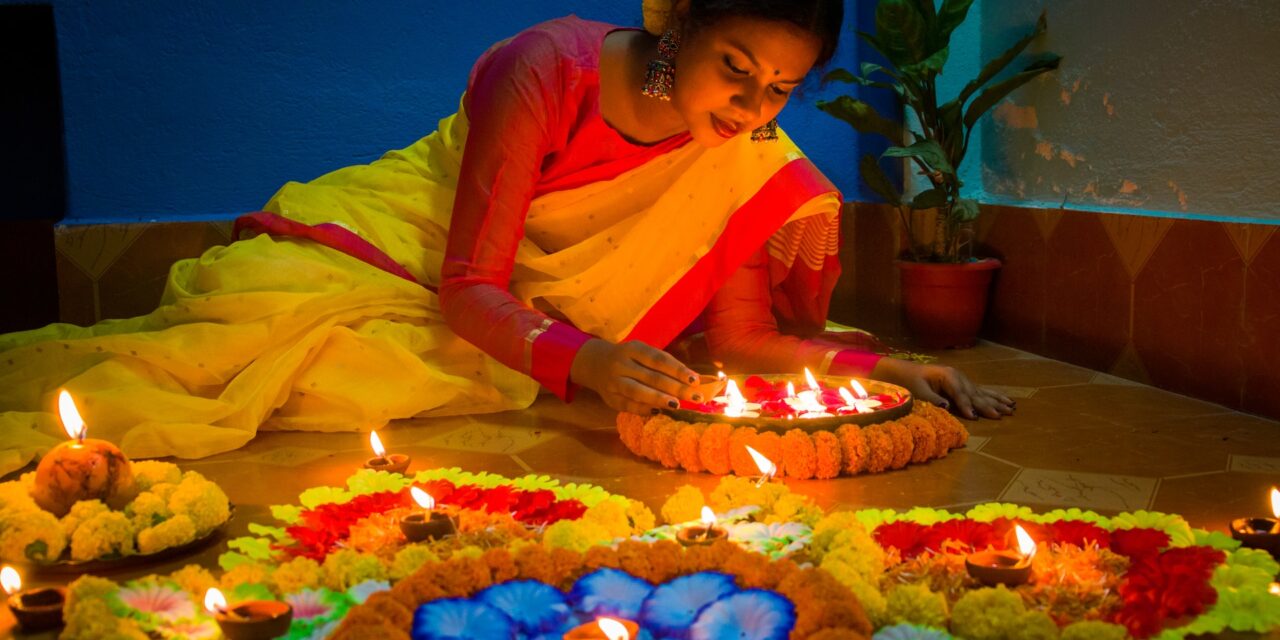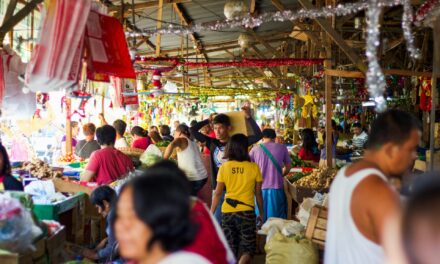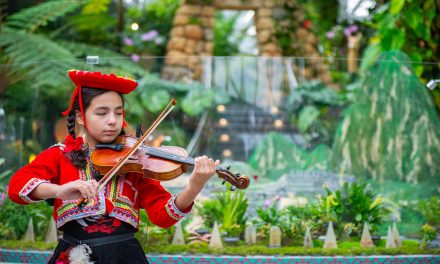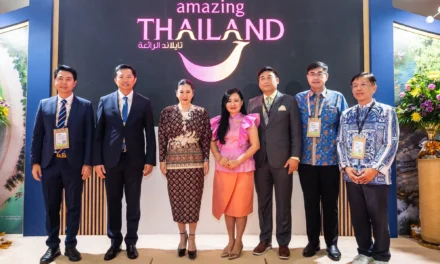Within the vast expanse of different cultures and religions that make up humanity, the Hindu festival Deepavali shines like a beacon.
Deepavali, also known as the Festival of Lights, dances into the hearts and homes of millions, casting away darkness and welcoming the joy found in tradition and community.
Deepavali typically falls between October and November, depending on the Hindu lunar calendar. The exact date varies each year and is determined by the position of the moon and the Hindu calendar.
This year, the festival of lights will be celebrated on Sunday, November 12.
Deepavali has turned into a global celebration thanks to the Hindu diaspora. The festival’s roots now extend beyond religious and cultural barriers to tap into our sense of community through our shared humanity.
This is especially evident in Singapore, where diversity and multiculturalism are not only celebrated as strengths but also lie at the core of the nation.
Diplomatic Network (Asia) interviewed K Kathirasan, a board member of the Singapore-based interfaith initiative, the Centre for Interfaith Understanding, delving into the intricacies and importance of Diwali.

Could you explain the significance of Diwali in the Hindu faith, and how is it traditionally celebrated?
Deepavali, also known as Diwali, holds great significance in Hindu culture and more so that it is celebrated as a national holiday in Singapore. This religious festival symbolises various aspects, including the triumph of light (virtues) over darkness (demoniac qualities), the joyous return of Lord Rama to Ayodhya after defeating the demon king Ravana and concluding his 14-year exile, the vanquishing of the demon Narakasura by Lord Krishna, and the celebration of Goddess Lakshmi’s blessings and benevolence.
In preparation for Deepavali, Hindus engage in various activities weeks ahead of the festival. These preparations typically involve purchasing new clothes, thoroughly cleaning their homes, and preparing delicious dishes/snacks. While the celebration spans three days before Deepavali and continues for two days afterward, the main day of the festival is marked by a common tradition among all Hindu communities – the lighting of oil lamps. This practice of lighting oil lamps on Deepavali is widespread across Hindu traditions, although the specific customs and rituals may vary among communities originating from different regions of India. Additional observances can include family visits to temples and gatherings with friends and extended family.
Are there any unique customs or traditions specific to the Hindu community in Singapore during Diwali?
A distinctive and heartwarming tradition during Deepavali is the invitation of non-Hindu friends and acquaintances into Hindu homes to celebrate the festival. While Deepavali is rooted in Hinduism, Hindus view it as a social and communal occasion. As part of this inclusive spirit, they extend invitations to guests from diverse backgrounds to share in the joy and savour the delicious dishes prepared for the festival. This practice not only showcases the cultural richness of Deepavali but also promotes harmony and unity among different religious communities.
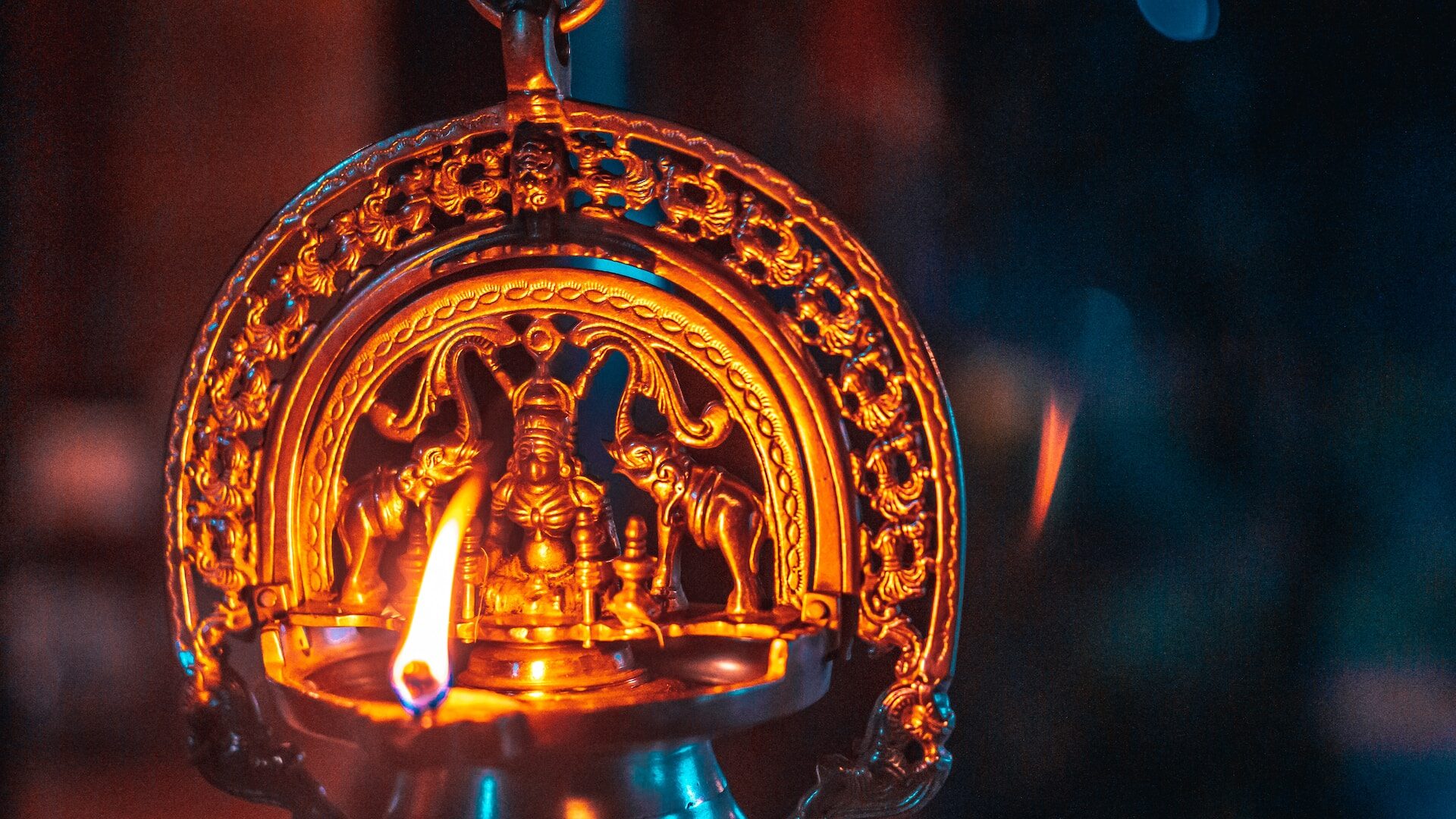
What role does the Hindu community play in promoting cultural diversity and harmony during Diwali celebrations in Singapore?
Deepavali’s status as a national holiday ensures that it holds a prominent place in the hearts and minds of all Singapore residents. The Hindu tradition of inviting guests into their homes during Deepavali plays a crucial role in fostering understanding and breaking down barriers among different communities. It provides an opportunity for non-Hindus to gain insight into Hindu customs and beliefs, as well as observe the significance of hospitality in the Hindu faith. This practice of sharing food and sweets with neighbours and friends on Deepavali is a beautiful testament to the unity and cultural richness that defines this festival in Singapore. It reflects the essence of Deepavali as a celebration of light, unity, and the spirit of togetherness that transcends religious boundaries.
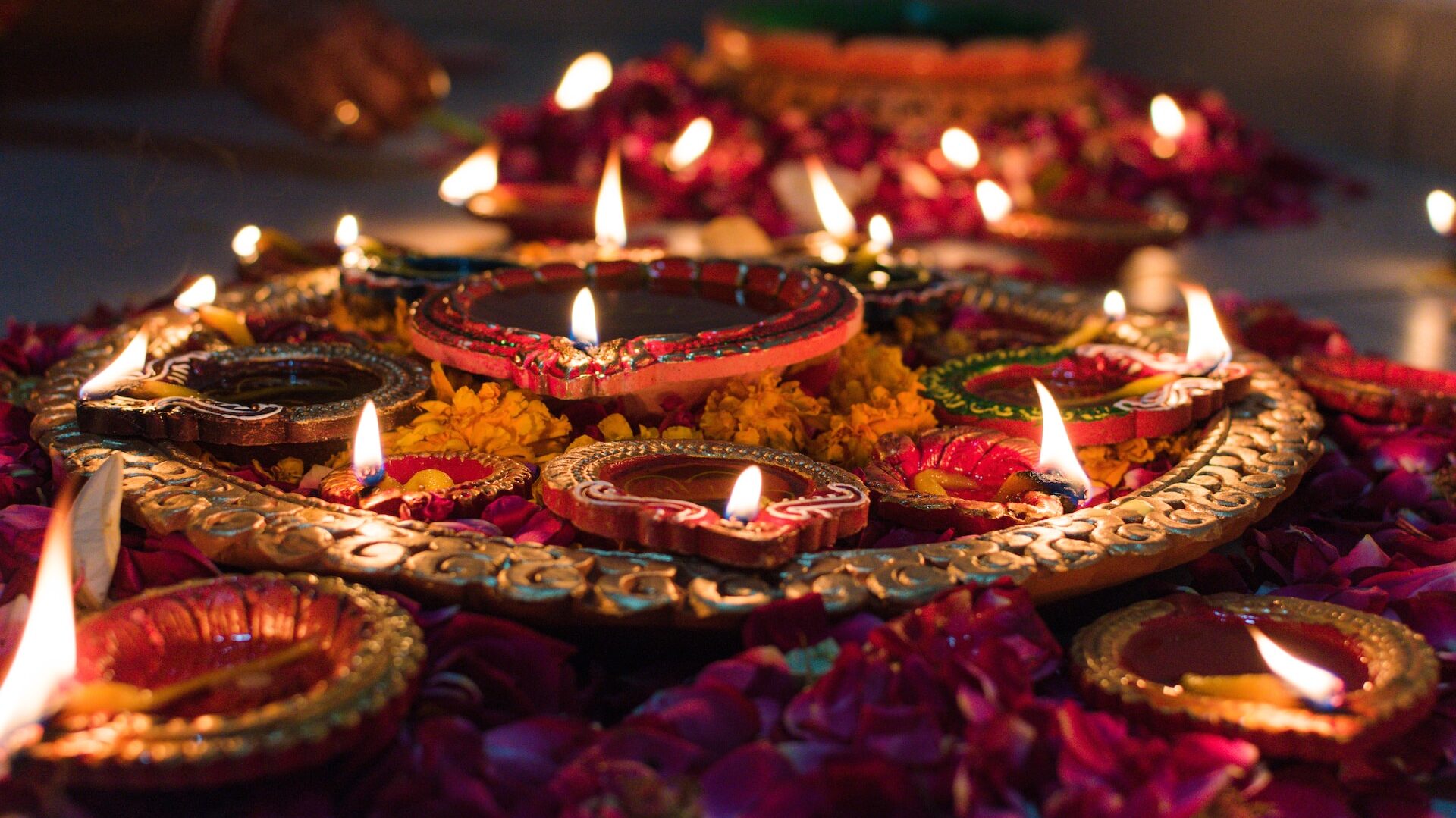
Could you offer advice or suggestions for people of different faiths on how they could participate or show respect during Diwali festivities in Singapore?
Participating and promoting the celebration of Deepavali at workplaces, much like the widespread celebration of Christmas, can indeed promote inclusivity and cultural understanding. This approach recognises the cultural significance of all festivals and encourages unity among colleagues from diverse backgrounds.
Additionally, holding off public Christmas decorations until after Deepavali allows each festival to be appreciated and celebrated individually, without the distraction of competing decorations and festivities. This sequential approach to holiday decorations can contribute to a more inclusive and respectful atmosphere for all residents in Singapore, regardless of their cultural or religious backgrounds.
Are there any events that will be held this week for Diwali?
The bustling activity and festive atmosphere at the Deepavali bazaars along Serangoon Road during the last week leading up to Deepavali is truly a sight to behold. The vibrant decorations, the busy stalls, and the enthusiastic shoppers all come together to create a sense of celebration and excitement. It’s during this time that people often finalise their Deepavali preparations, adding to the festive spirit of the occasion. It’s a reminder of the cultural richness and diversity that Singapore embraces during this important festival.

